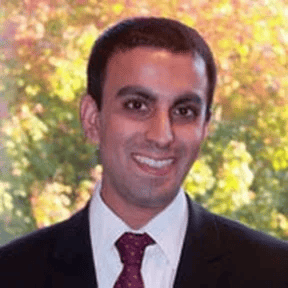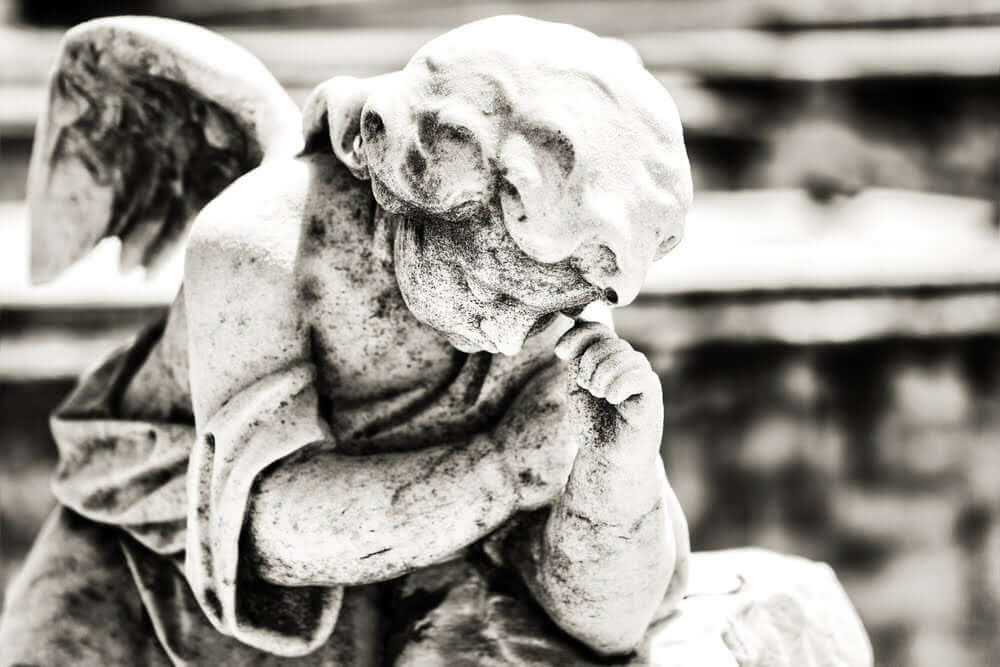- How Long Has This Funeral Home Been In Business?
- Can You Provide Your General Price List (GPL)?
- Do You Provide Cremation?
- Can You Tell Us About The Cremation Process?
- What Type Of Memorial Service Can We Have?
- What Can You Do To Make The Body Presentable?
- Is Embalming Needed For Our Funeral Service?
- Are There Other Options For Final Arrangements?
- What Are My Payment (& Financial Assistance) Options?
- How Soon Can My Loved One Be Cremated Or Buried?
- Do You Provide Resources For Grieving Family?
- Conclusion
When planning a funeral or memorial service, you want to ensure that everything runs smoothly and that your loved one is treated with the respect and dignity that they deserve.
The director of your local funeral home can be a valuable resource in aiding with your funeral planning and the many options available to you, from direct burial to direct cremation to green burial to grief assistance.
Without further ado, here are some critical questions for a funeral home director.
Choose kindness.
You never know what battles people may be fighting.
How Long Has This Funeral Home Been In Business?
Depending on where you live, it may be challenging to find a funeral home that has been in business for many years; however, finding one with some longevity means that they have proven themselves as reliable and trustworthy and able to handle budgets and other financial matters properly.
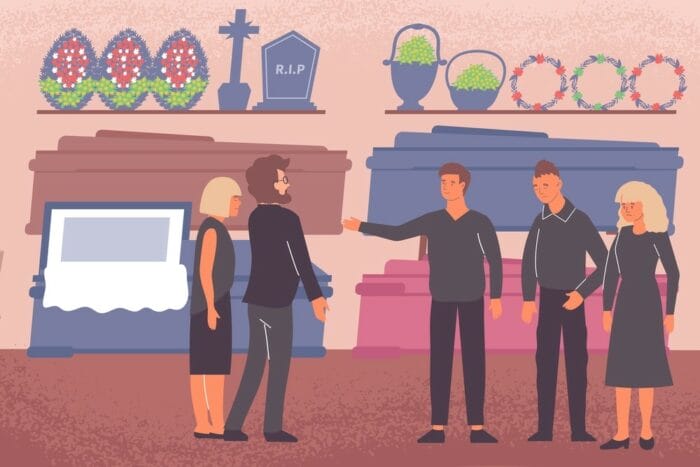
Can You Provide Your General Price List (GPL)?
Funeral directors are required by law to provide consumers with a list of their services and corresponding prices. Not only will this provide you with price transparency, but it will also give you an idea of all of the options available for your funeral ceremony or memorial services.
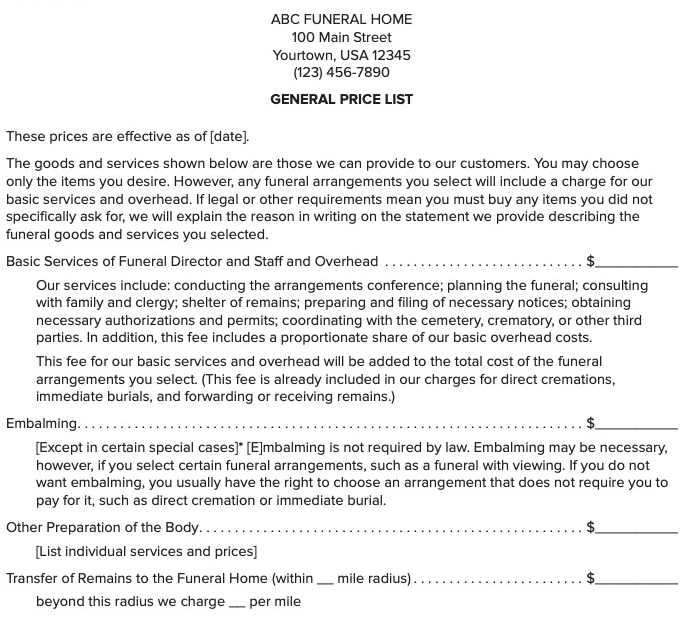
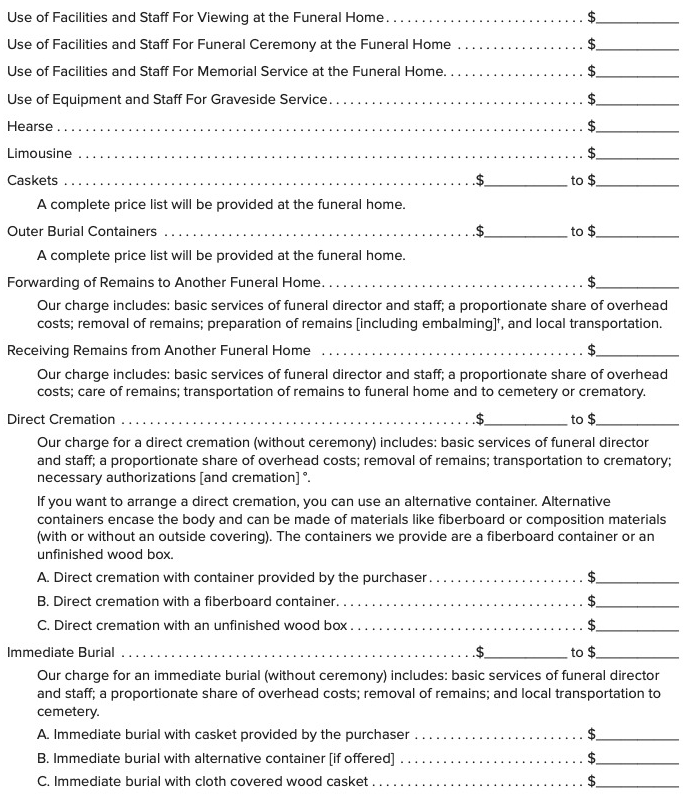
It will include prices for a casket, burial vault, flower arrangements, death certificates, and the overhead and professional services required for your funeral service.
The highest additional cost that this “menu” will not show is the cost of a burial plot (or cemetery plot). You will have to reach out directly to the cemetery you’re interested in.
Finally, this list will help you compare prices between your area’s various independent funeral homes and ultimately help you save money.
Check Out: Disadvantages of Opting for Prepaid Funerals
Check Out: How much does a headstone cost?
Choose kindness.
You never know what battles people may be fighting.
Do You Provide Cremation?
Cremation is an increasingly popular choice – almost 6 out of 10 Americans are cremated these days.
However, not all funeral homes cremate bodies. Less than 20% of them do it themselves. Be sure to ask your funeral director if they provide this service and how much it will cost.
In most cases, cremation will take between 1-4 hours, depending on the size of the person being cremated.
The standard fee for a direct cremation without a chapel service typically ranges from $400 to $850. You will likely also have to purchase an urn or other container to hold the cremated remains, which cost between $100 and $200 on average.
When all the costs are totaled, you’ll find that direct cremation is the least expensive.
Can You Tell Us About The Cremation Process?
Many families choose this service because it can save them time and money; however, you should know a few things before making a final decision.
- First, many funeral homes will not cremate human remains without permission from a person’s family or estate representative.
- Second, if a body has been dead for less than 24 hours, it can typically be embalmed, halting decomposition progress. The deceased body will look as it did before death. Embalming costs can range from $400 to $1,000
What Type Of Memorial Service Can We Have?
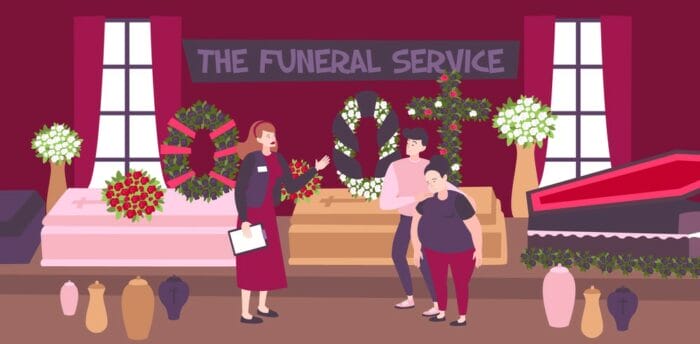
During a funeral service (or memorial service), friends and family come together to pay their respects, reminisce about good memories, and eulogize the deceased.
In most cases, there are no government regulations regarding how many guests may attend, and you do not need an obituary notice for friends and family members to visit (unless required by the place of death).
However, check with your funeral director to see if the funeral home has any special requirements for viewings and services.
Choose kindness.
You never know what battles people may be fighting.
What Can You Do To Make The Body Presentable?
In certain circumstances (i.e., depending on the nature of the death or whether the decomposition process has already begun), the body may need work before it is ready for an open casket viewing.
Ask your funeral director what they can do to make the dead body more aesthetically presentable, especially if you would like to have a viewing during your funeral service.
Is Embalming Needed For Our Funeral Service?
You should ask your funeral director if an unembalmed body would provide family and friends the opportunity to view the person in their casket.
Typically, the body will require embalming if you hold the funeral more than 24-48 hours after death. Embalming is a process that uses chemical preservatives to slow or stop decomposition.
This maintains the physical presentation of the body so they can be viewed in their casket.
Note that embalming makes cremation impossible without first applying additional measures, so if you are undecided, be sure to let the funeral home know.
When Does The Law Require Embalming?
Embalming is required by law in most states when someone dies under specific circumstances.
If the death occurred because of trauma (e.g., accident, homicide, suicide), infectious disease (e.g., HIV/AIDS), or if the body has been autopsied, embalming will typically be required by law.
Additionally, federal regulations require that bodies transported across state lines for funeral services must first receive certain levels of embalming and disinfecting before cremation or burial.
Are There Other Options For Final Arrangements?
If you do not want your loved one cremated or buried, check with your funeral director about other options you may have.
One increasingly popular option is donating the body to medical schools and universities for research. This will cost you nothing but will require some paperwork.
What Are My Payment (& Financial Assistance) Options?
If saving money is a priority for you, one easy option is to ask if your funeral home has any funeral packages that can help you save by bundling goods and services.
Funeral homes typically require payment at least partially upfront (usually 30-50% of the total cost).
With the average funeral costing upwards of $10,000 (including the burial plot cost), affordability can be an issue. If this is the case for you, check out our article on what to do if you can’t afford a funeral.
Burial Insurance
Perhaps the best way to plan for end-of-life costs is to buy burial insurance (also known as funeral insurance or final expense insurance).
Check with your life insurance company to see if they sell burial insurance, as this may be a great way to afford a funeral’s significant, unexpected expense.
Funeral Savings Plans
Finally, be sure to ask your funeral director about personal funeral plans that your funeral home may offer to help with the cost of future funerals.
How Soon Can My Loved One Be Cremated Or Buried?
If you are in a rush to complete your funeral service, make sure to let the funeral director know specifically so they can assist you in any way possible.
Your state may have specific requirements for storing human remains after death; however, some facilities offer refrigeration units that help reduce the amount of time spent in their facility before transportation and disposal. Ask about what options they may have available for you during this difficult time.
Do You Provide Resources For Grieving Family?
The passing of a loved one can be a challenging and emotional time, and family and friends often like to feel as though their deceased loved one will be remembered long after they are gone.
A burial plot and headstone are not the only way to accomplish this.
Most funeral homes offer ways for friends and family to pay tribute and share their happy memories (e.g., an online guestbook). If this is important, inquire with your funeral director about their options for remembering and memorializing your loved one.
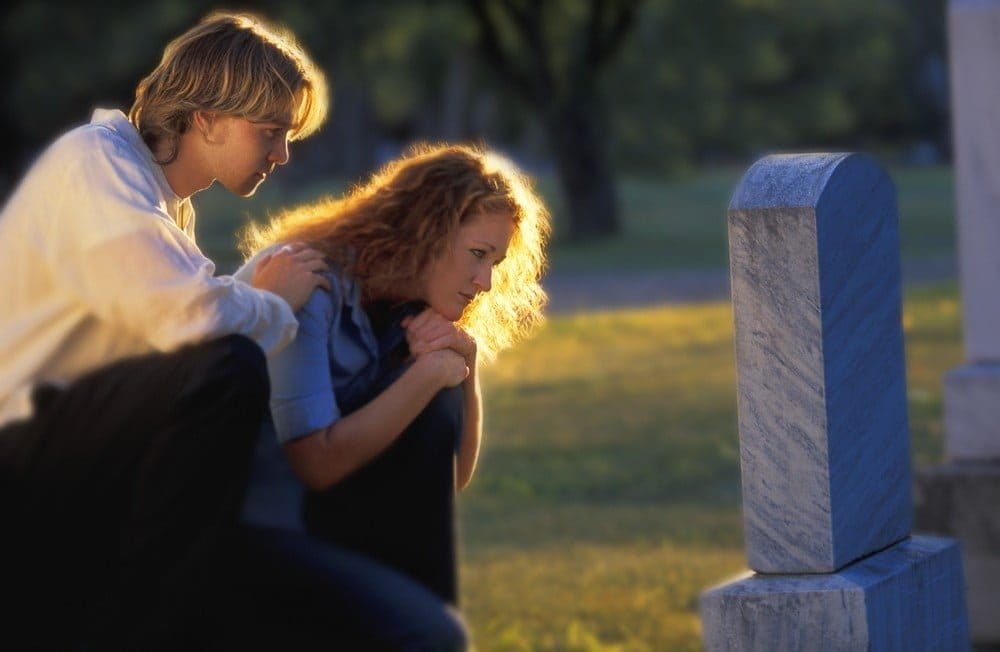
Conclusion
As you can see, funeral directors do much more than provide you with a death certificate.
When organizing your loved one’s funeral services, you deserve to have your questions answered. Be sure to set up an appointment with your local funeral director and get the answers you need to plan a fitting funeral for your loved one.
Warms regards,
The GetSure Team
